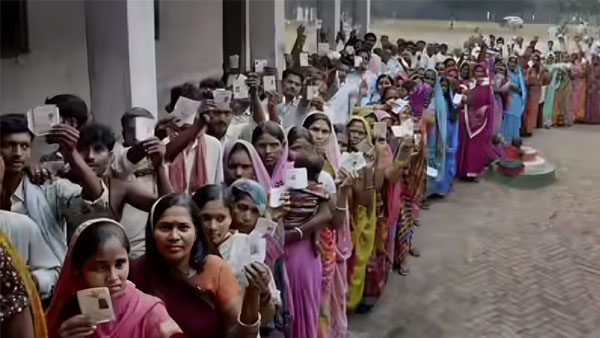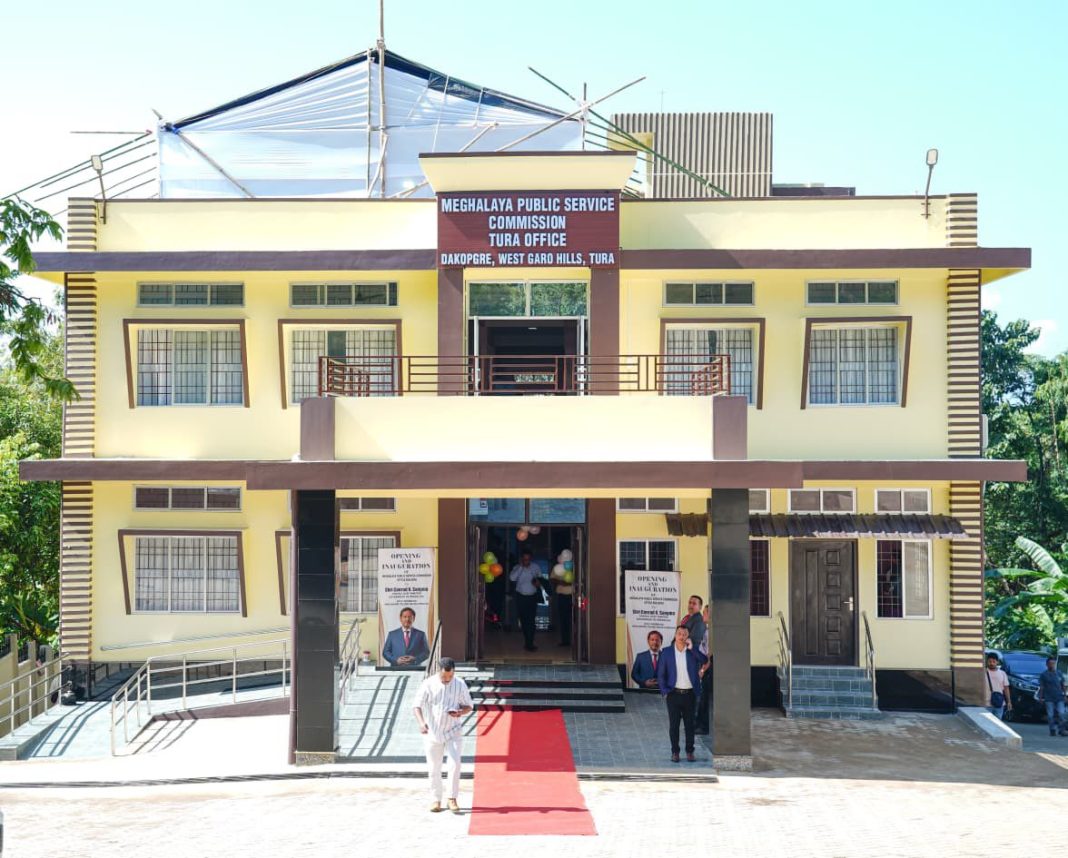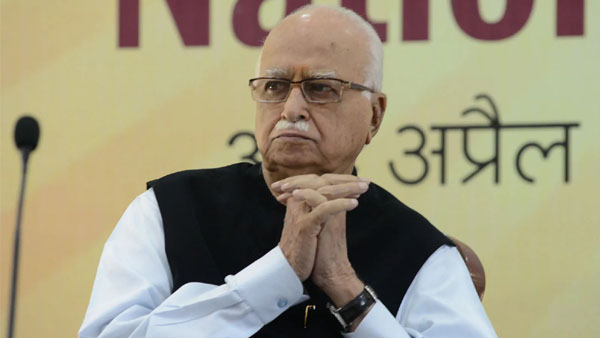By Satyabrat Borah
Imagine walking into a family shop in your neighborhood. The owner started it years ago, built it up with hard work, and now his son runs the counter, his daughter handles the accounts, and maybe a nephew stocks the shelves. It’s comfortable, reliable, and everyone knows the name. That’s how a lot of politics feels in India today. It’s not just about one big family; it’s everywhere, from small towns to the national stage. And yes, it’s true in Bihar, just like it’s true across the country.
Think about it like this: in most democracies around the world, like in America or Britain, you do see some famous political names passed down, such as the Bush family or the Kennedys in the US. But it’s not the rule. Parties there are more about ideas, grassroots workers climbing up, or fresh faces winning over voters with new energy. In India, though, entire parties often feel like family businesses. The leader finds it, and then hands the keys to sons, daughters, wives, or nephews. It’s not always bad at first; families can bring trust and quick decisions. But over time, it shuts the door on ordinary people who dream of leading without a famous last name.
Take Bihar, a state where politics runs hot like summer chai. Everyone knows the Yadav family. Lalu Prasad Yadav built the Rashtriya Janata Dal into a powerhouse for backward castes. He was chief minister, his wife Rabri Devi took over when he couldn’t, and now their son Tejashwi is the face of the party, deputy chief minister in the past, and likely aiming higher. Their daughters have jumped in too, like Rohini Acharya contesting elections recently. On the other side, even in the BJP-led alliance, look at Samrat Choudhary, the deputy chief minister; his father was a big politician back in Congress days. Prashant Kishor, that sharp poll strategist, pointed this out loudly, saying dynasty is baked into Bihar’s system, no matter which party. Nitish Kumar flips alliances like pancakes, but even his Janata Dal (United) has relatives popping up in tickets. In the 2025 assembly polls coming up, lists are full of sons and daughters of old guards. One report says regional parties like RJD and JD(U) have 30 to 40 percent dynasts.Voters talk about jobs and roads, but tickets go to familiar faces.
Now zoom out to the whole country, and it’s the same story, only bigger. The Congress party? Everyone thinks of the Nehru-Gandhi family first. Jawaharlal Nehru, then his daughter Indira, her son Rajiv, then Sonia, Rahul, Priyanka—it’s like a family serial that never ends. Shashi Tharoor, a Congress leader himself, wrote recently that this is a “grave threat” to democracy. He says when power comes from blood, not merit, we lose good leaders.But he’s right that it’s not just Congress. In Uttar Pradesh, Akhilesh Yadav runs the Samajwadi Party after his father Mulayam Singh. His uncle Shivpal fights for a slice too. Down south, Tamil Nadu’s DMK is Karunanidhi’s family show—now his son MK Stalin is chief minister, and grandson Udhayanidhi is deputy.Maharashtra has the Thackerays splitting Shiv Sena like a family feud over property. Odisha? Naveen Patnaik took over from his dad Biju. Telangana has K Chandrashekhara Rao’s son and daughter battling for the Bharat Rashtra Samithi.
Even the BJP, which shouts loudest against “parivarvad,” has its share. Sure, Narendra Modi rose from a tea seller’s son, no dynasty there. But look closer: sons of old leaders like Kalyan Singh or Lalji Tandon get easy entries. In the 2024 Lok Sabha, about 11 percent of BJP MPs had family ties.A big study in 2025 found over 1,100 dynasts sitting in Parliament and state houses from nearly 1,000 families. Congress has a third of its leaders from families, BJP around 19 percent. Left parties, once proud of no nonsense, now have second-generation folks too.
Why does this happen so much here? Parties are weak inside—no real elections for leaders, just one big boss deciding everything. Money matters hugely in campaigns, and families have networks, old loyalty, and cash from years in power. Voters sometimes like the known name; it’s like buying from the same shop because you trust the brand. In places with caste ties, a family represents the whole community. But it hurts democracy. Fresh ideas dry up. Young talent from poor homes gets blocked. Women often enter only as widows or daughters, not on their own steam.
Compared to other countries, India stands out. In the Philippines or Thailand, families rule too, but in Europe or Canada, it’s rare. One study puts us in the middle—more dynastic than Belgium, less than some Asian neighbors.Here, few parties are like private companies owned by one family. Out of thousands registered, most regional ones are.
Yet, there’s hope. Voters are changing. In the 2024 elections, many old dynasts lost badly. Young people want jobs, not surnames. Modi promised to bring one lakh new faces without political dads into politics. Tharoor calls for rules: term limits, real party votes, and educating voters on merit.
I remember chatting with a rickshaw puller in Patna once. He said, “We vote for the son because the father gave us roads. But what if the son just gives parties?” That’s the question. Dynasties bring stability sometimes, like a family recipe that always tastes good. But democracy needs new chefs too. If a bright kid from a village can’t dream of being chief minister without a famous uncle, we’re cheating ourselves.
Politics should be about serving people, not inheriting thrones. True in Bihar with its Yadav versus Choudhary tales, true in Delhi with Gandhis and Thackerays. But maybe, just maybe, the next election will surprise us with more outsiders. After all, India loves a good underdog story. Until then, the family business booms, and we keep watching the drama unfold.




